Your mind is your greatest asset. But if it’s sluggish, scattered, or easily overwhelmed, even the best goals can fall apart. That’s where daily habits for better mental agility, powered by the Mental Discipline for Success System, come in. Mental agility isn’t just about thinking fast—it’s about thinking smart, adapting quickly, and making sharp decisions without getting stuck in overthinking or emotional reactivity.
In today’s fast-paced world, mental agility gives you a serious edge. Whether you’re leading a team, building a business, or navigating a busy day without burning out, your ability to flex, pivot, and stay focused is everything. The Mental Discipline for Success System—used by over 50,000 entrepreneurs, executives, and high achievers—provides a proven framework to supercharge these habits, transforming your mindset and results in as little as 30 days.
Discipline is the framework. Agility is the fluid movement within it. Together, they rewire your brain for sharper focus, faster thinking, and unstoppable success.
The Neuroscience Behind Mental Agility
Your brain possesses an extraordinary ability to transform itself throughout your entire life—a phenomenon scientists call neuroplasticity.
Let’s dig into 7 daily habits for better mental agility that will rewire your brain for sharper focus, faster thinking, and long-term mental strength. This remarkable capacity is the foundation that makes mental agility possible, allowing you to adapt, learn, and think more flexibly regardless of your age. Understanding how your brain changes and adapts provides the scientific rationale for why the daily habits we’ll explore can genuinely enhance your cognitive flexibility.
How Neuroplasticity Enables Mental Agility Development
Neuroplasticity refers to your brain’s ability to reorganize itself by forming new neural connections throughout life. Think of your brain as a dynamic highway system where new roads can be built, existing routes can be strengthened, and traffic can be rerouted when needed. This adaptability occurs through two primary mechanisms that directly support mental agility:
Structural Plasticity involves physical changes in your brain’s architecture. When you practice mental agility exercises, your brain literally rewires itself by strengthening existing connections between neurons and forming entirely new pathways. These structural changes create the neural foundation for improved cognitive flexibility.
Functional Plasticity allows different areas of your brain to adapt their roles and work together more efficiently. As you develop mental agility, your brain becomes more skilled at rapidly switching between different cognitive tasks and accessing alternative problem-solving strategies.
Research demonstrates that these neuroplastic changes can occur remarkably quickly. Studies show that just 12 hours of directed cognitive training can alter brain function, inducing increased blood flow and enhanced communication across key brain regions. This means that consistent practice of mental agility exercises produces measurable changes in your brain’s structure and function within weeks.
The Role of the Prefrontal Cortex in Cognitive Flexibility
Your prefrontal cortex (PFC) serves as the command center for cognitive flexibility, acting like the conductor of an orchestra that coordinates different brain regions. Located just behind your forehead, this brain region is essential for mental agility because it enables you to:
- Switch between different tasks and mental sets rapidly and efficiently
- Monitor and update your approach based on new information or changing circumstances
- Maintain working memory while simultaneously processing new cognitive demands
- Inhibit automatic responses when flexibility requires a different approach
Recent neuroscience research has revealed that the prefrontal cortex doesn’t simply control cognitive flexibility through top-down commands. Instead, it works more like a feedback monitoring system. Your PFC continuously tracks the outcomes of your mental strategies and decisions, learning from this feedback to improve future cognitive flexibility. This monitoring function allows you to recognize when your current approach isn’t working and signals the need to try a different strategy.
The prefrontal cortex achieves this through specialized neural networks that become more efficient with training. As you practice mental agility exercises, these networks develop stronger connections and faster communication pathways, enabling you to switch between different ways of thinking with greater ease and speed.
Research Evidence: 5 Weeks to Measurable Improvement
Multiple scientific studies provide compelling evidence that cognitive flexibility training produces measurable improvements in relatively short timeframes. A landmark randomized clinical trial with 145 participants found that 5 weeks of daily neurocognitive training significantly improved cognitive flexibility performance. This demonstrates that focused practice on mental agility skills, when combined with supporting cognitive exercises, can produce measurable neuroplastic changes within just five weeks of consistent effort.
Research examining brain changes after golf training found that 40 hours of practice produced measurable increases in gray matter in brain regions crucial for the trained skills. The study revealed a “striking relationship between training intensity and structural changes,” showing that participants who completed their 40 hours of training more quickly (higher intensity) demonstrated greater neural adaptations.
Practical Implications for Your Mental Agility Training
This scientific foundation provides clear guidance for your mental agility development:
Consistency Matters More Than Intensity: Your brain changes through repeated stimulation over time. Daily 30-45 minute practice sessions are more effective than occasional longer sessions because neuroplasticity requires sustained, regular activation of neural pathways.
Expect Measurable Changes: Scientific evidence indicates you can anticipate noticeable improvements in cognitive flexibility within 5 weeks of consistent practice, with optimal neuroplastic adaptations occurring around the 40-hour mark.
The science is clear: your brain is primed for change, and mental agility training provides the structured stimulus needed to unlock this neuroplastic potential. Every time you practice the habits outlined in this guide, you’re literally reshaping your brain’s neural architecture to become more cognitively flexible, adaptable, and mentally agile.
7 Daily Habits For Better Mental Agility
Habit 1. Start Your Day with a Mind Reset
Before you check your phone or scroll social media, take 5–10 minutes for intentional mental stillness. Whether it’s journaling, meditation, or deep breathing, this “reset” tells your brain to take charge—not just react. With the Mental Discipline for Success System, this habit aligns with the Mental Reprogramming Component, restructuring limiting thought patterns to lock onto your goals with clarity.
- Why it works: It reduces mental clutter and activates executive thinking.
- Mental agility gain: You begin the day with control, not chaos.
✅ Pro Tip: Pair this with a power question like, “What’s the most important thing I can solve today?”
Habit 2. Challenge Your Brain with Something New
Mental agility thrives on novelty. Feed your brain new information, patterns, or languages. Even five minutes of learning something different daily (a new word, an unfamiliar concept, a skill tutorial) triggers neuroplasticity.
- Why it works: New inputs force the brain to adapt and grow new connections.
- Mental agility gain: You become faster at problem-solving and thinking from different angles.
This is one of the simplest but most powerful daily habits for better mental agility—just five minutes a day compounds massively over time.
Habit 3. Prioritize One Hard Thing Every Morning
Tackle something mentally demanding first thing in your day. Avoid multitasking—go deep on just one task that moves the needle.
- Why it works: You’re training your focus, not just finishing a task.
- Mental agility gain: You learn to push through resistance and train your brain to function under pressure.
And yes, this habit deeply supports mental discipline for success—because it requires consistent, intentional effort.
Habit 4. Move Your Body to Wake Up Your Brain
Your body and brain are in constant dialogue. Even just 15 minutes of movement (a brisk walk, light stretching, or jumping jacks) increases blood flow to the brain and wakes up your cognitive functions.
- Why it works: Physical activity enhances memory, learning speed, and emotional balance.
- Mental agility gain: You become more alert, responsive, and focused.
Movement isn’t just good for your health—it’s a non-negotiable part of building daily habits for better mental agility.
Habit 5. Practice Switching Contexts Without Losing Flow
Start training your brain to pivot intentionally. Try focusing on one task for 25 minutes (Pomodoro Technique), take a short break, then shift to something different. The Mental Discipline for Success System enhances this with Resistance Management Protocols, helping you maintain momentum during transitions.
- Why it works: You teach your brain to transition smoothly without lingering mental drag.
- Mental agility gain: You become more adaptable and less prone to mental fatigue.
Want mental discipline for success? Mastering strategic transitions is one of its secret weapons.
Habit 6. Reframe Negative Thoughts on the Spot
Instead of ruminating, practice catching a negative or limiting thought and rewriting it in real-time. Example: Replace “I can’t handle this” with “This is tough, but I’m tougher.”
- Why it works: You disrupt the automatic stress response and train cognitive flexibility.
- Mental agility gain: You become resilient, emotionally intelligent, and fast at recalibrating.
This habit alone can radically accelerate your daily habits for better mental agility and emotional growth.
Habit 7. End Your Day with a Mental Debrief
Reflection isn’t fluff—it’s fuel. Spend 5–10 minutes reviewing your day. What challenged you? What did you handle well? What can you do better? The Mental Discipline for Success System enhances this with its Progress Optimization Component, ensuring you track wins and maintain momentum.
- Why it works: It trains your brain to observe, not just react.
- Mental agility gain: You build a sharper awareness of your strengths, triggers, and blind spots.
This habit completes the loop—mental agility starts and ends with mindful awareness. And it reinforces your mental discipline for success by locking in daily learning.
Cutting-Edge Mental Agility Exercises and Training Methods
Mental agility development has evolved far beyond basic brain training games and simple habit formation. Research laboratories around the world have identified sophisticated techniques that can dramatically accelerate your cognitive flexibility development. These advanced methods represent the latest breakthroughs in cognitive science, offering practical strategies that anyone can implement without expensive equipment or complex technology. This approach works by teaching you to become the observer of your cognitive flexibility patterns, allowing you to identify weaknesses and strengthen your mental switching abilities more effectively.
The Think-Aloud Protocol
One of the most powerful metacognitive strategies involves verbalizing your thought processes while switching between mental tasks. When you encounter a situation requiring mental flexibility, speak your reasoning out loud: “I notice I’m getting stuck on this approach, so I need to step back and try a different angle.” This external verbalization helps you recognize cognitive rigidity before it becomes problematic.
Practice Exercise: Spend 10 minutes daily working on puzzles or problem-solving tasks while narrating your thought process aloud. Notice when you say things like “This isn’t working” or “I need to try something else”—these are your mental agility switching points.
Self-Monitoring and Strategic Planning
Develop a personal awareness system for tracking your cognitive flexibility throughout the day. Create simple mental checkpoints where you pause and ask: “How flexible has my thinking been in the last hour? What situations triggered mental rigidity? When did I successfully adapt my approach?”
Implementation Method: Set three random alarms throughout your day. When they sound, spend 30 seconds evaluating your recent mental flexibility performance and planning how to approach upcoming tasks with greater cognitive agility.
Pattern Recognition Training: Train yourself to recognize recurring situations where you typically experience mental inflexibility. Most people have predictable “flexibility failure points”—specific contexts, time pressures, or types of problems that consistently trigger rigid thinking patterns.
Practical Application: Keep a brief mental flexibility journal for one week. Note situations where you struggled to adapt your thinking versus times when you demonstrated excellent cognitive agility. Look for patterns in timing, emotional state, and environmental factors.
Mindfulness-Based Cognitive Training Techniques
Mindfulness-Based Cognitive Training combines present-moment awareness with cognitive flexibility exercises to enhance your brain’s switching capabilities.
Metacognitive Training Strategies: Learning How You Learn
Metacognitive training focuses on developing your awareness of your own thinking processes—essentially learning how to observe and optimize your mental agility in real-time. This approach helps you develop the mental space needed to recognize when cognitive flexibility is required and respond appropriately.
The Three-Minute Flexibility Reset
This technique adapts traditional mindfulness practices specifically for mental agility development. When you notice rigid thinking patterns or feel stuck on a problem, use this three-step protocol:
Minute 1 – Awareness: Notice your current mental state without judgment. Observe thoughts like “I’m getting frustrated with this problem” or “I keep trying the same approach over and over.”
Minute 2 – Breathing Focus: Direct your attention to your breath while maintaining awareness of the problem in the background. This creates mental space between you and the challenge.
Minute 3 – Open Attention: Expand your awareness to include alternative approaches, different perspectives, or completely novel solutions that weren’t visible during rigid thinking.
Unlock Your Potential with the Mental Discipline for Success System
The Mental Discipline for Success System transforms these habits into a structured, science-backed framework that rewires your brain for success. Unlike generic self-help, it’s systematically structured, psychologically grounded, and action-oriented, targeting five mental enemies: Mental Drift, Subconscious Resistance, Environmental Conditioning, Distraction Overload, and Motivation Dependency. With a comprehensive digital book, six explanatory videos, a daily tracker sheet, and printable guides, the system makes discipline simple and sustainable.
Why it works: It combines daily habits with proven techniques like Identity-Based Restructuring and Environmental Design Mastery, ensuring consistent progress across all life domains—business, fitness, relationships, and personal growth.
Mental agility gain: You sharpen focus, stay motivated, and build resilience, turning goals into reality.
Ready to achieve unstoppable success? Get the Mental Discipline for Success System Kit at us-store.mentaldisciplineforsuccess.com and start transforming your life today!
Final Thoughts: Build a Brain That’s Quick, Clear, and Unshakable
Mastering this 7 daily habits for better mental agility isn’t about doing more—it’s about thinking better. These habits aren’t random. They are simple, science-backed routines that build the mental foundation of focus, adaptability, and long-term discipline.
By layering these into your day, you’re not just training your brain to react—you’re training it to lead. Combine that with unwavering mental discipline for success, and you’re unstoppable.
Ready to build a mind that flexes, adapts, and thrives no matter what the world throws at you?
Start with one habit today—and let that momentum carry you into a whole new level of mental mastery.
FAQ’s About The 7 Daily Habits For Better Mental Agility
Mental agility allows you to adapt and shift focus, while mental discipline helps you stay committed to long-term goals. Together, they form a powerful duo for personal and professional success.
Absolutely. Thanks to neuroplasticity, your brain can grow and adapt well into adulthood. The key is consistency and intentional practice.
Small, consistent habits help train your brain to become more flexible, focused, and adaptive. Think of them like brain workouts that improve your thinking speed and clarity over time.
Mental agility is your brain’s ability to quickly shift thinking, solve problems creatively, and adapt to new challenges or information. It helps you stay sharp in high-pressure or unpredictable situations.
You can read more about Mental Agility vs. Mental Discipline
Starting your day with a mind reset, like journaling or meditation, reduces mental clutter and activates executive thinking. This practice helps you begin the day with control and focus, setting a strong foundation for sharper decision-making and mental clarity.
Learning something new daily, even for just five minutes, triggers neuroplasticity, helping your brain form new connections. This habit enhances your ability to solve problems quickly, think from different perspectives, and adapt to new situations effectively.
Physical activity, even as little as 15 minutes of walking or stretching, increases blood flow to the brain, boosting memory, learning speed, and emotional balance. This makes you more alert, responsive, and focused, which are critical components of mental agility.

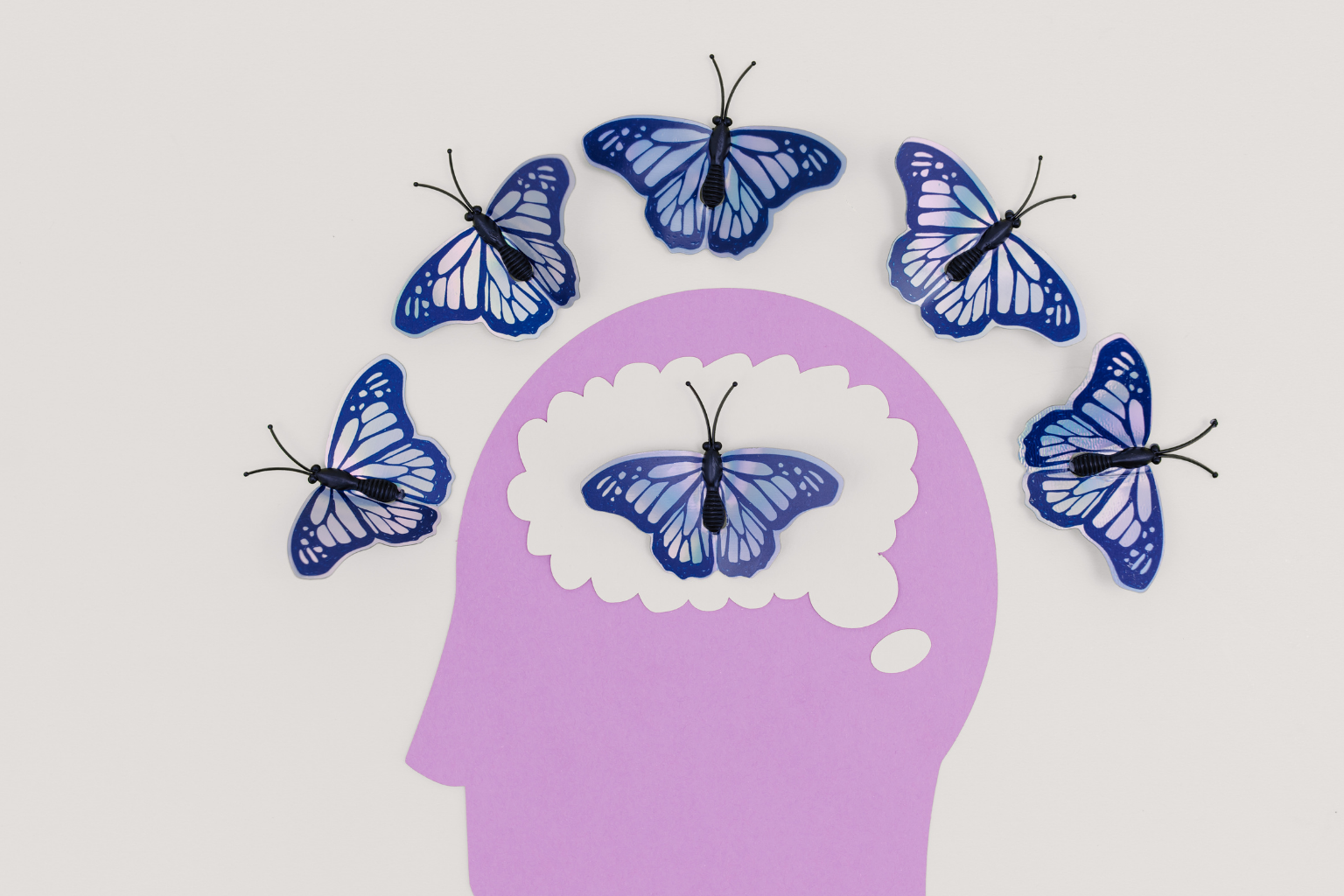


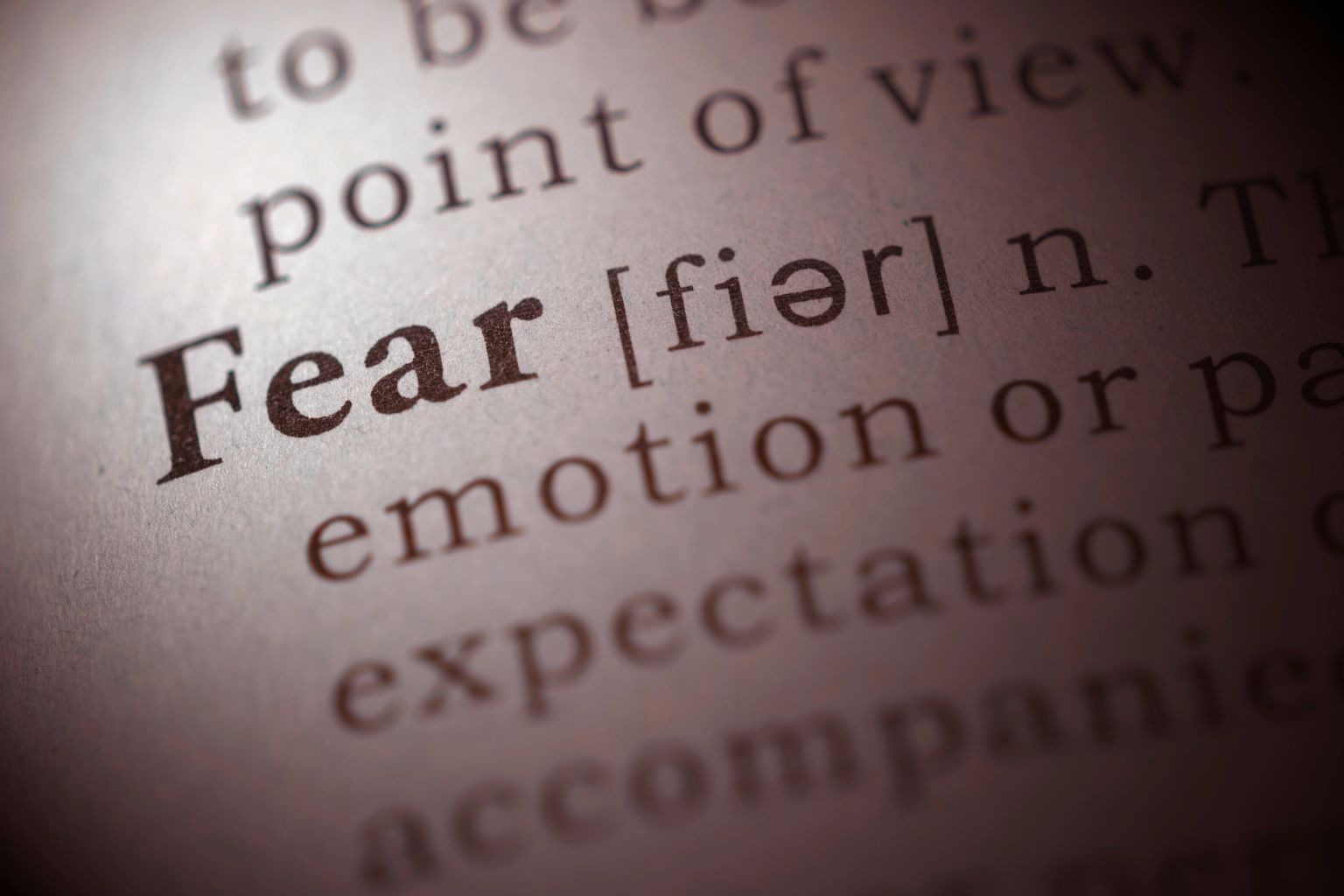
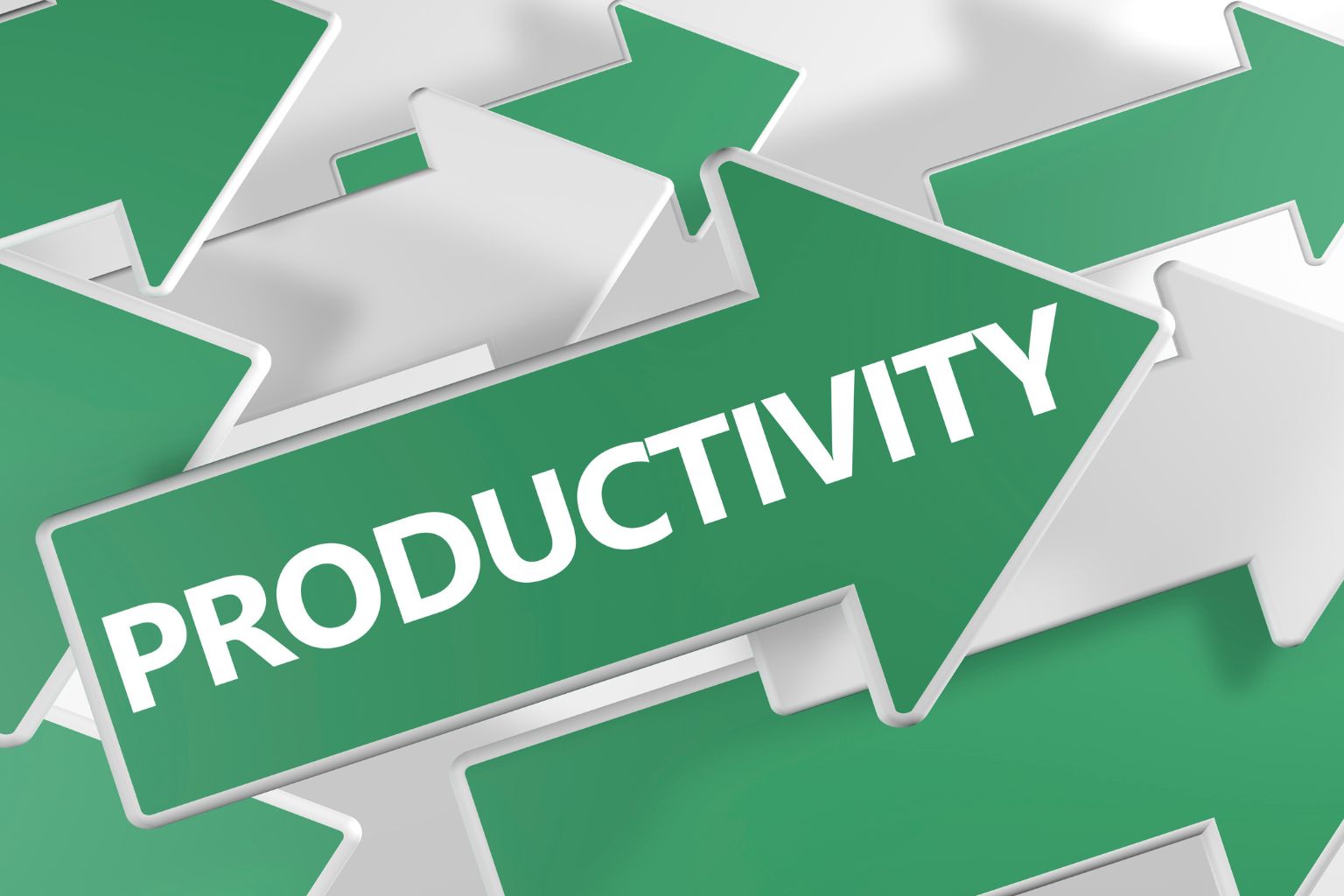

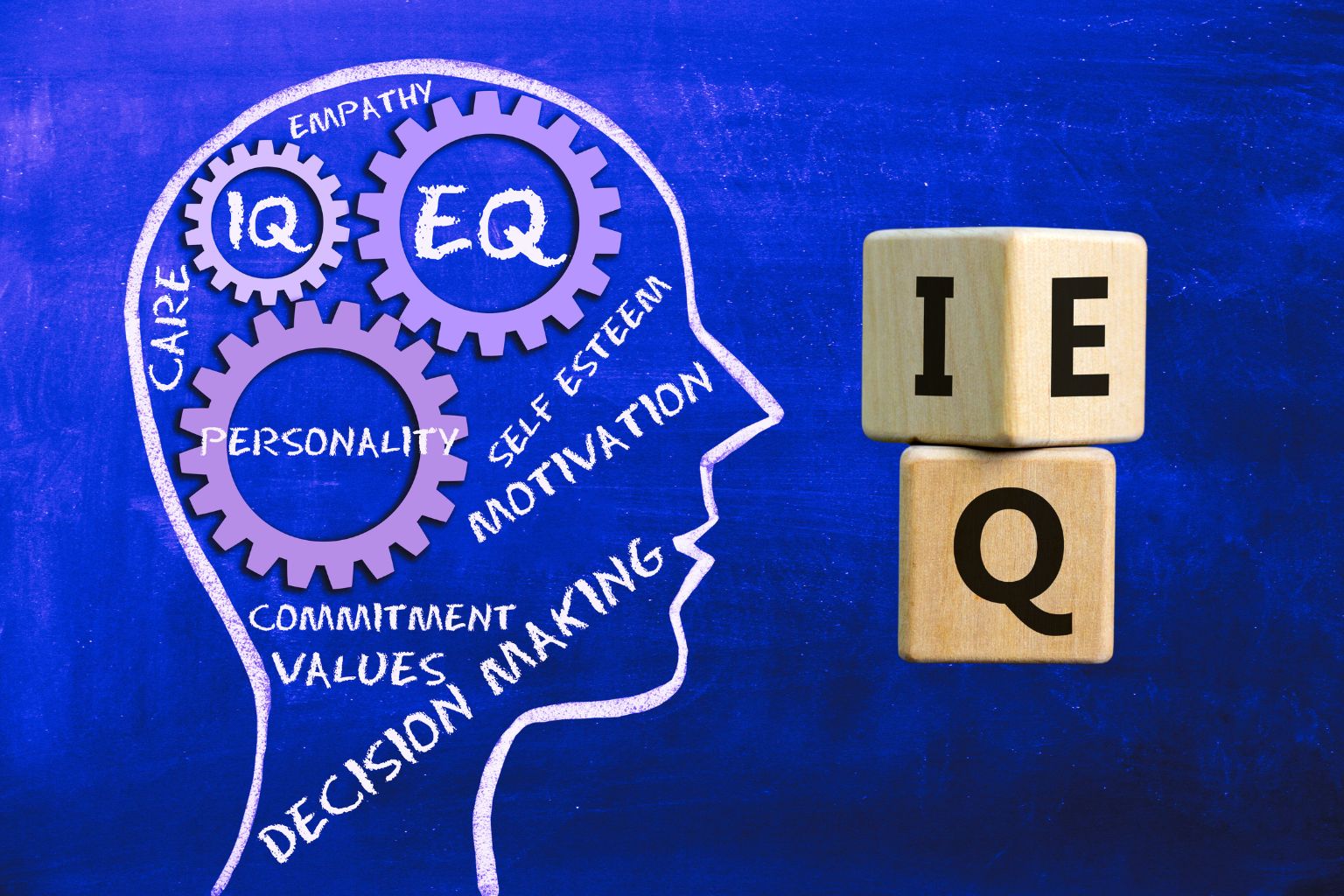


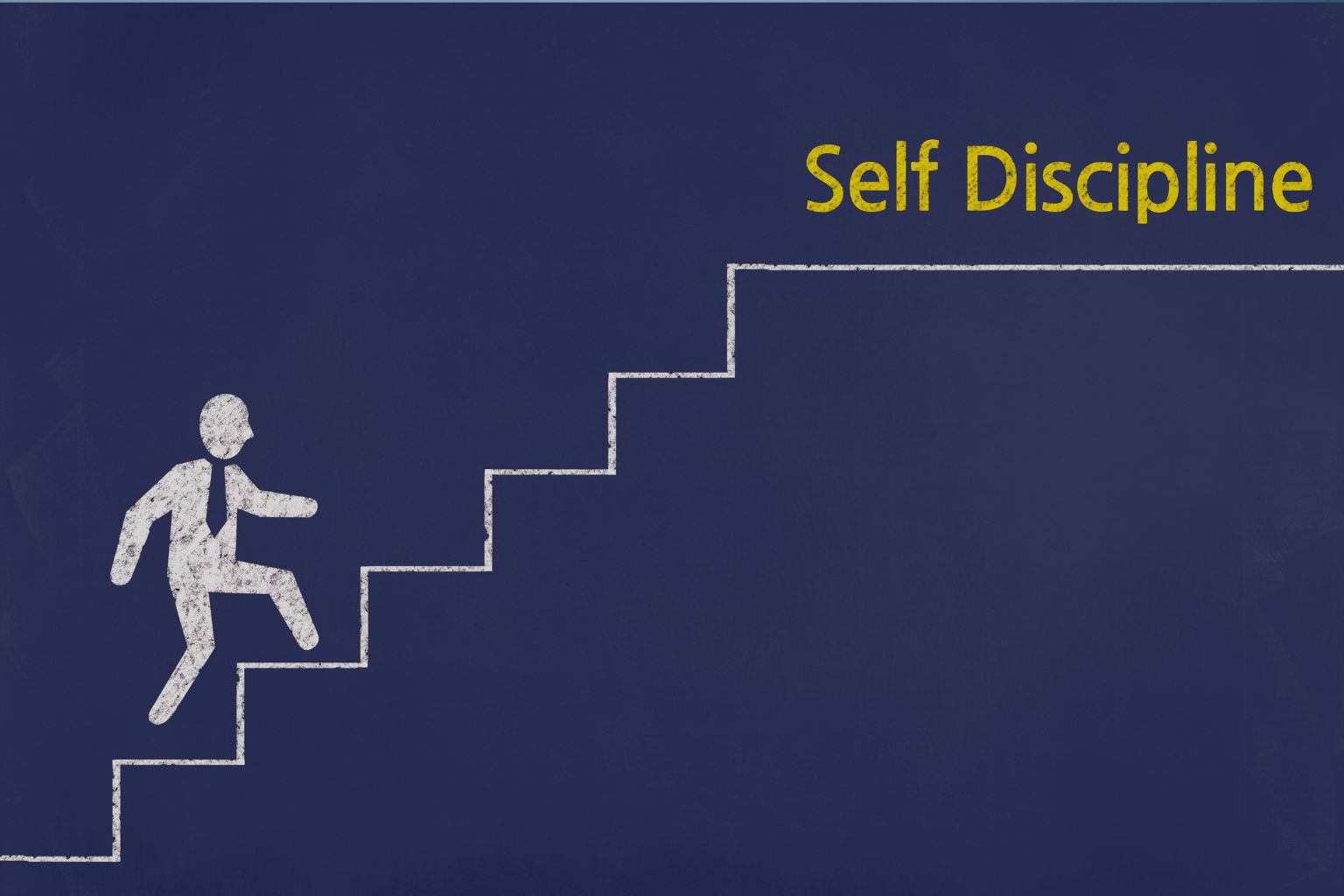





Share it!